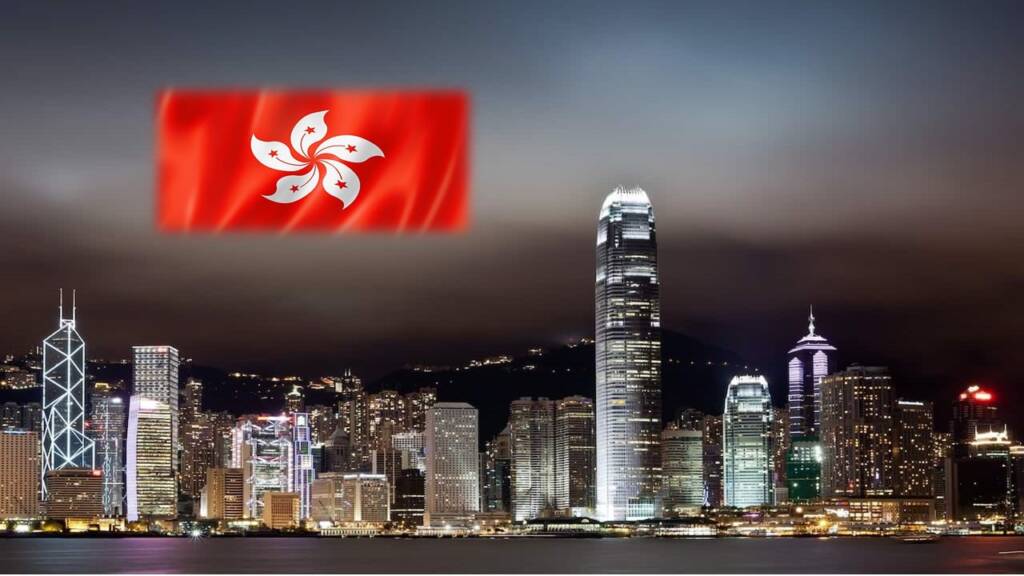Foreign missions in Hong Kong are in the process of officially expressing apprehensions regarding the recently proposed national security legislation. The focus of concern lies particularly on the ambiguous clauses related to state secrets and foreign interference. According to reliable sources, member states of the European Union plan to formally communicate their reservations to the Hong Kong government by Friday at the latest.
The draft of the security legislation, commonly referred to as Article 23, is scheduled to be disclosed by the Hong Kong government following the conclusion of the ongoing consultation period on Wednesday. This legislation is designed to augment the existing national security law instituted by China’s central government in mid-2020. Its purpose is to address perceived “loopholes” and, according to critics, this may result in further constraints on civil liberties.
Join us on Telegram: https://t.me/tfiglobal
According to a senior European diplomat, the anticipated security law, outlined vaguely in a consultation document, is expected to introduce significant uncertainty. There are concerns about its potential impact on the ability of foreign diplomats to operate effectively in the Asian financial hub.
“The Hong Kong government keeps repeating that they want more businesses here and they want us to promote and work towards stronger people-to-people ties,” she said on condition of anonymity. “We are afraid that the civil society in Hong Kong will not dare to interact with the consulates once such legislation has been adopted and implemented.”
Hong Kong’s leader, John Lee, emphasized the urgency of the situation last month, asserting that the city “could not afford to wait.” He presented a comprehensive 110-page consultation paper covering five offenses: treason, insurrection, espionage, destructive activities endangering national security, and foreign interference.
Critics have scrutinized the outlined crimes as being both vague and broad, raising concerns among diplomats about the potential entanglement of their citizens in the legislation. A notable worry expressed by diplomats is the perceived “extraterritorial effect” of the law.
Read More: Hong Kong Appeals for Aussie Visas
Several countries, including the U.K., Australia, Germany, and the U.S., responded to the 2020 security law by suspending extradition treaties. During the ongoing consultation period, the Hong Kong government engaged with various industry groups, including legal bodies and local and foreign chambers of commerce. Justice Secretary Paul Lam and Secretary for Security Chris Tang held two sessions with foreign diplomats, the latest occurring on Saturday.
Diplomats, particularly from the European Union, have voiced apprehension about the vague nature of certain provisions and the resulting uncertainty for EU stakeholders. Foreign chambers of commerce have echoed these concerns, emphasizing unease regarding the broad definition of state secrets.
Human rights groups, including Hong Kong Watch and Frontline Defenders, have submitted comments asserting that the consultation document’s overly broad definitions of offenses fail to meet international human rights standards. The Hong Kong Law Society has recommended considering a public interest clause in the legislation’s drafting.
In a collective statement last Wednesday, 80 civil society groups condemned the government’s plan to introduce the security law, predicting that it “will bring further devastating consequences for human rights beyond [the existing national security law].”
Read More: Biden Curbs Personal Data Transfers in China Standoff
The implementation of the Beijing-imposed security law has led to a comprehensive crackdown on political opposition and dissent in Hong Kong. This has solidified mainland political control over the special administrative region, eroding key freedoms such as assembly, press, and speech, which were safeguarded by the city’s “one country, two systems” framework.
Numerous arrests of democracy activists, lawyers, politicians, and journalists have occurred, accompanied by the closure of dozens of civil society groups. The government’s objective to “restore stability” following the 2019 protests has significantly impacted the democratic landscape.
Criticism from United Nations human rights experts highlights concerns about the compromised independence of Hong Kong’s judiciary.
In response to these changes, hundreds of thousands of Hong Kong residents have emigrated to countries offering settlement pathways, and expatriates have departed as business confidence rapidly diminished.
Foreign envoys express grave concerns over the proposed security law of Hong Kong. Ambiguities raise fears of constraints on civil liberties.
